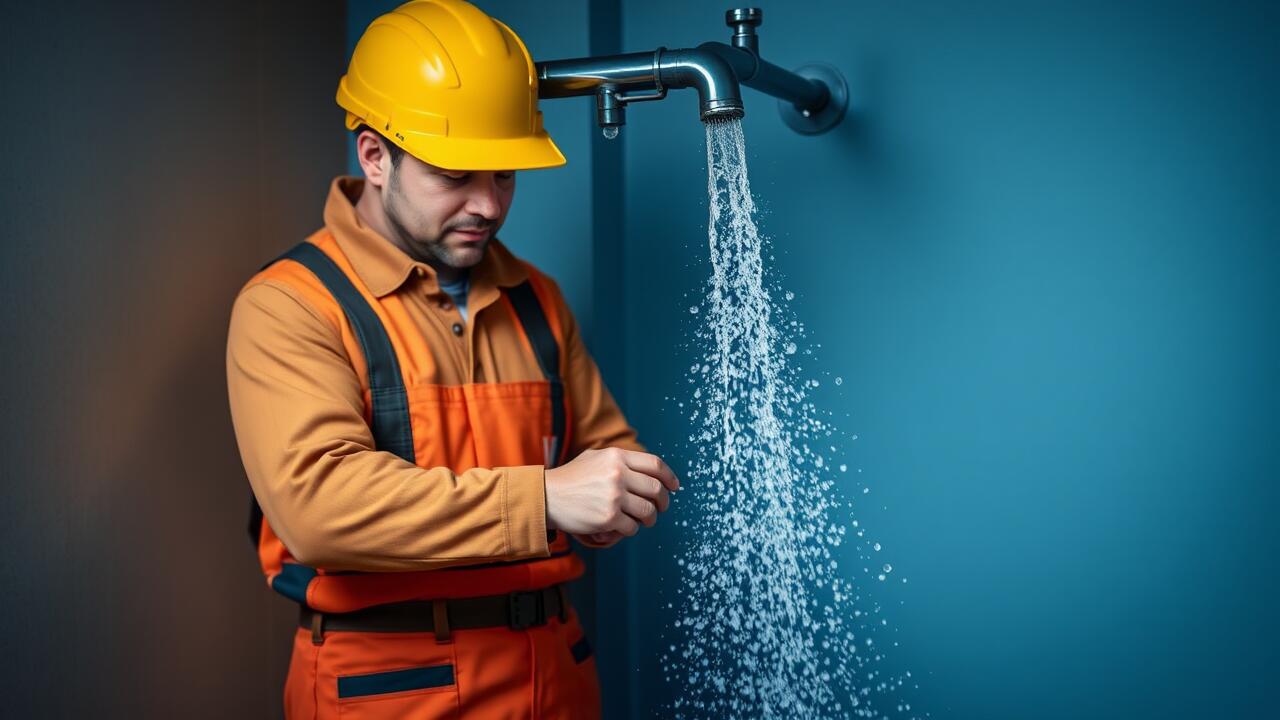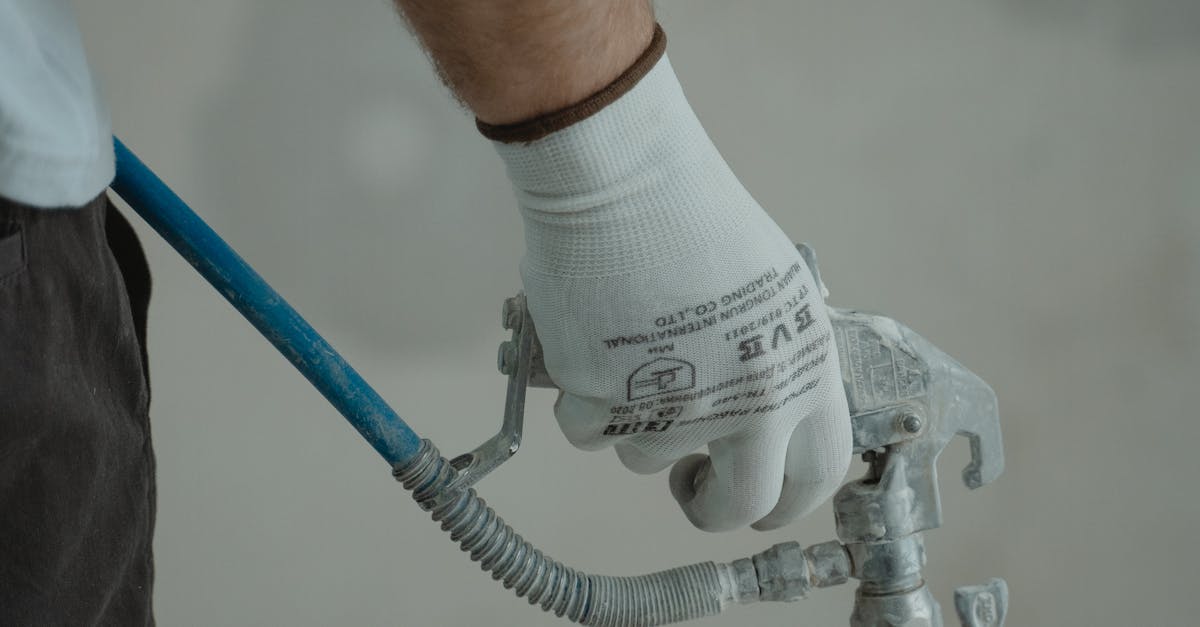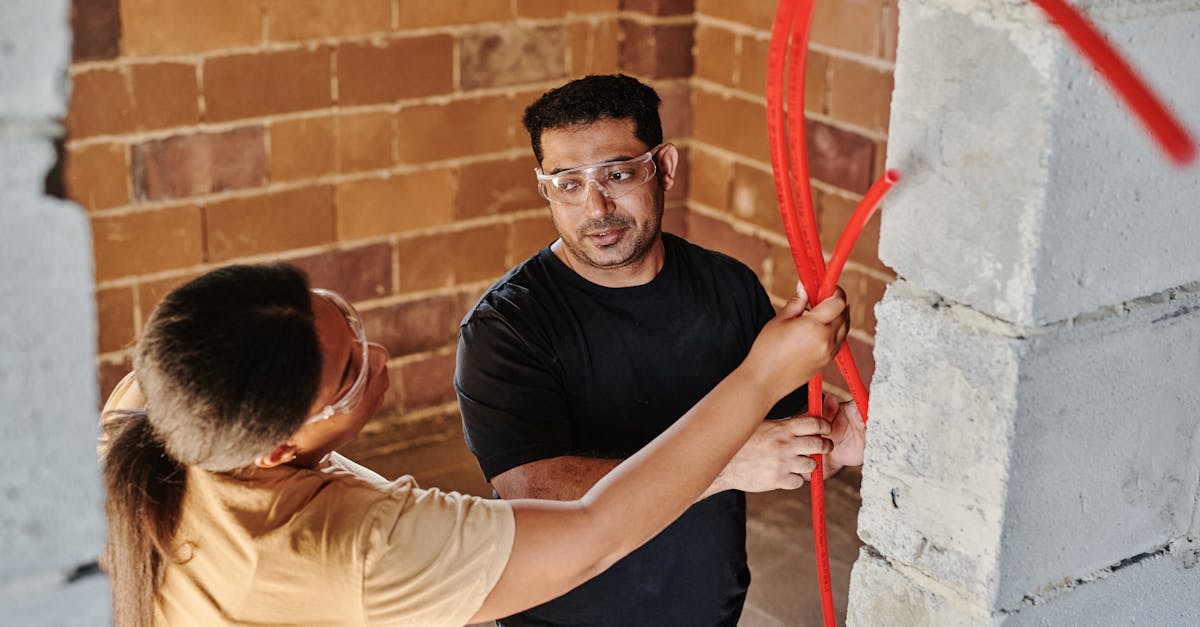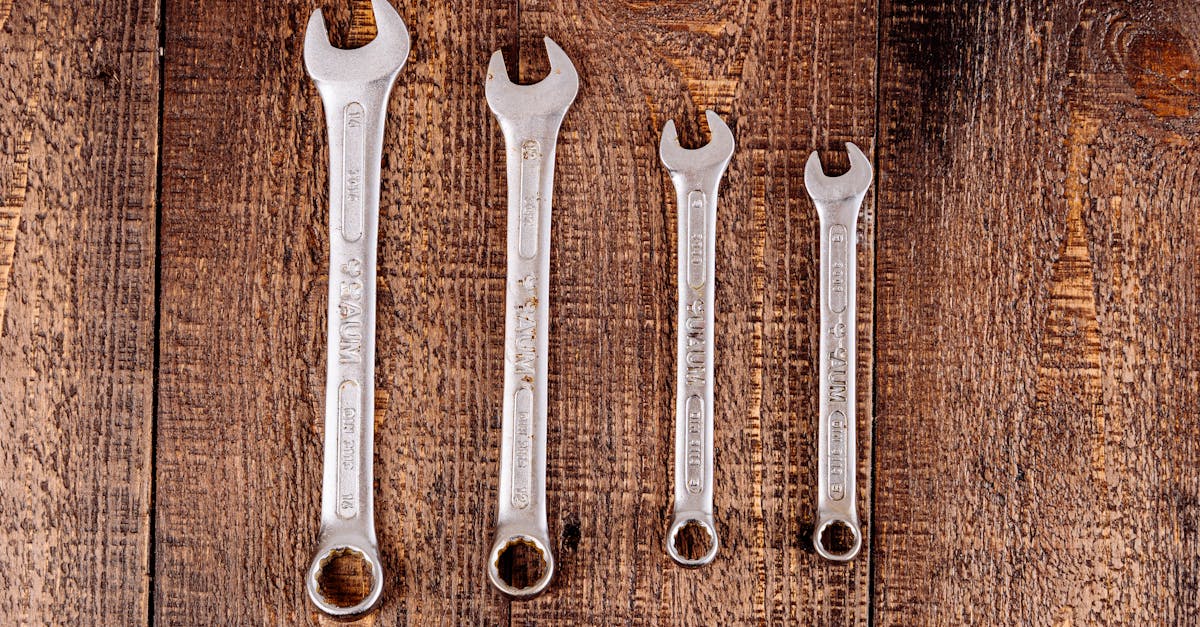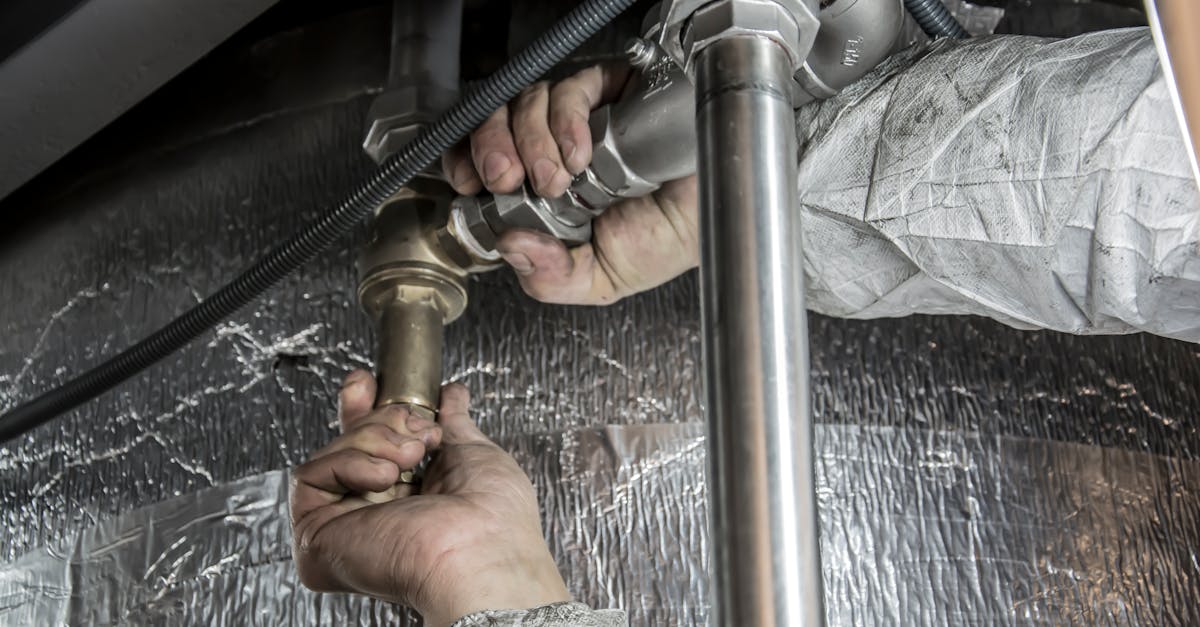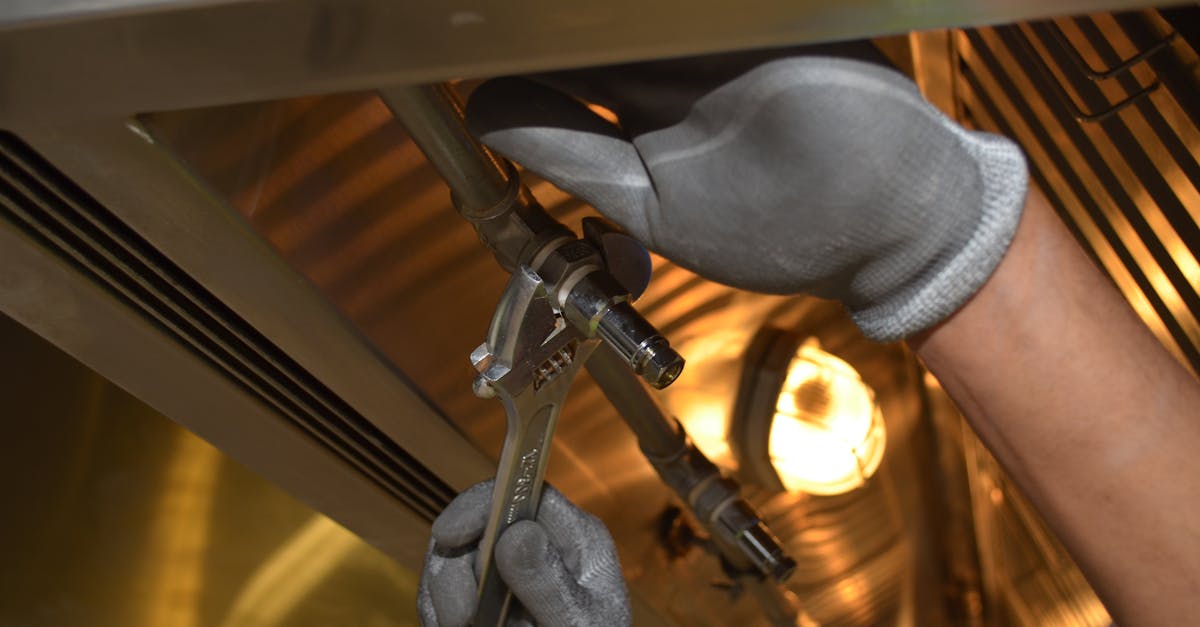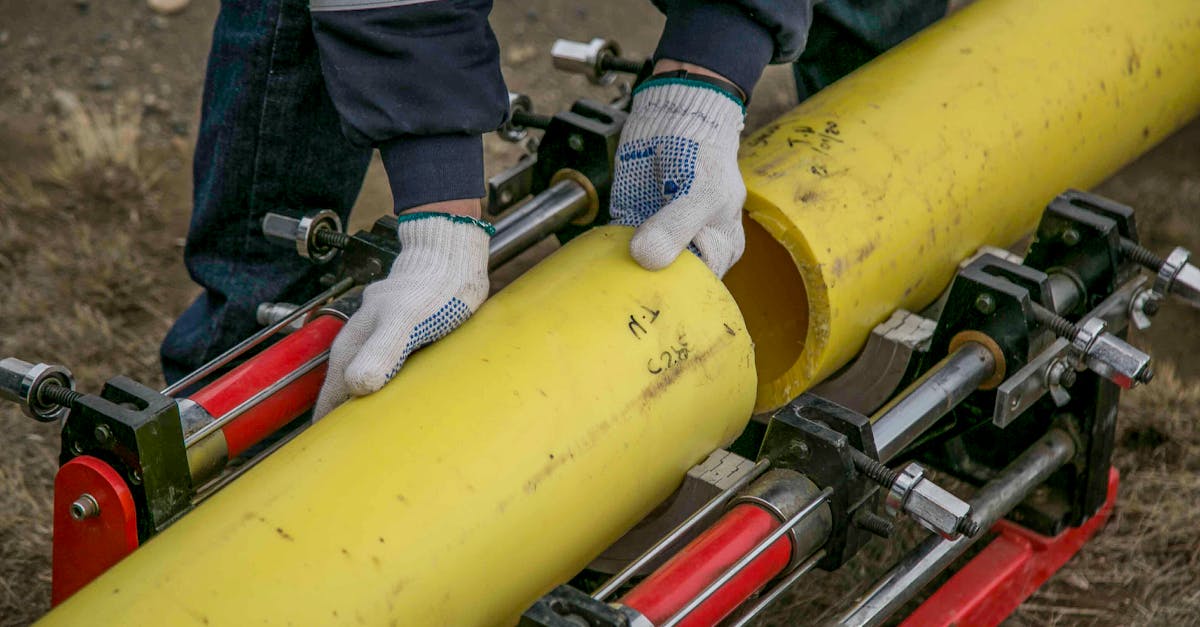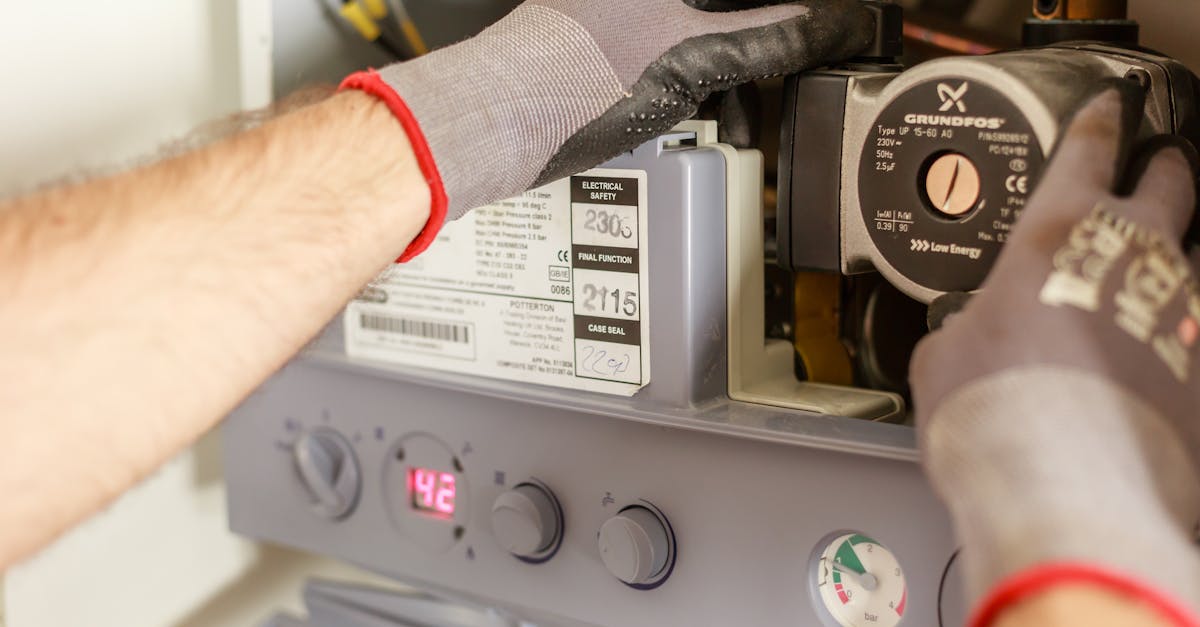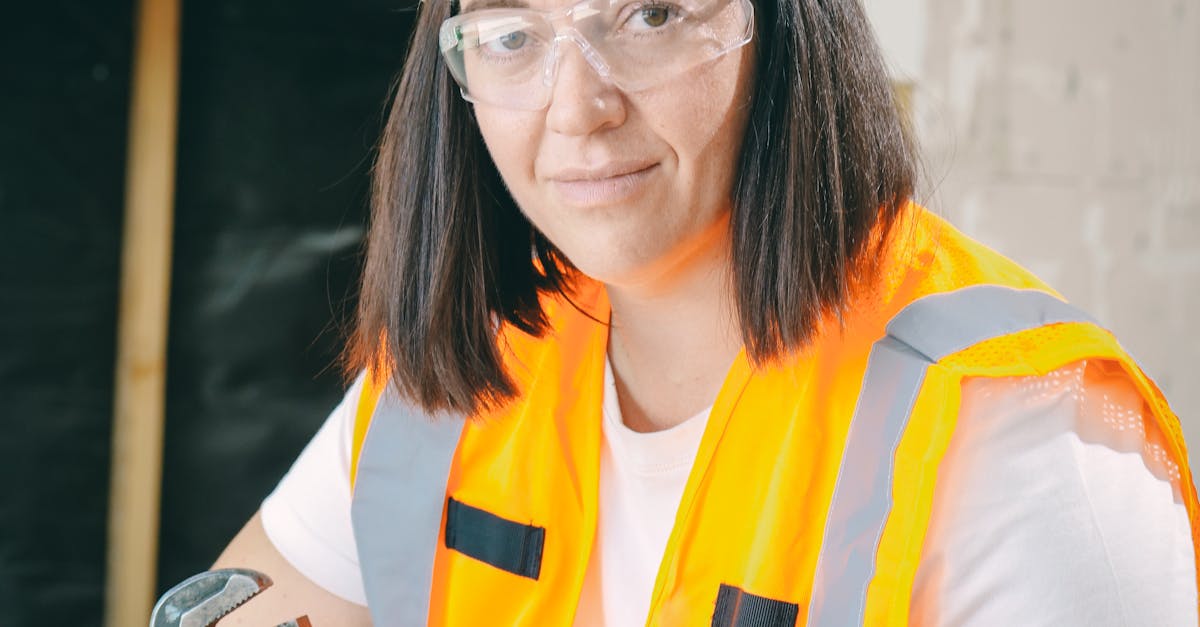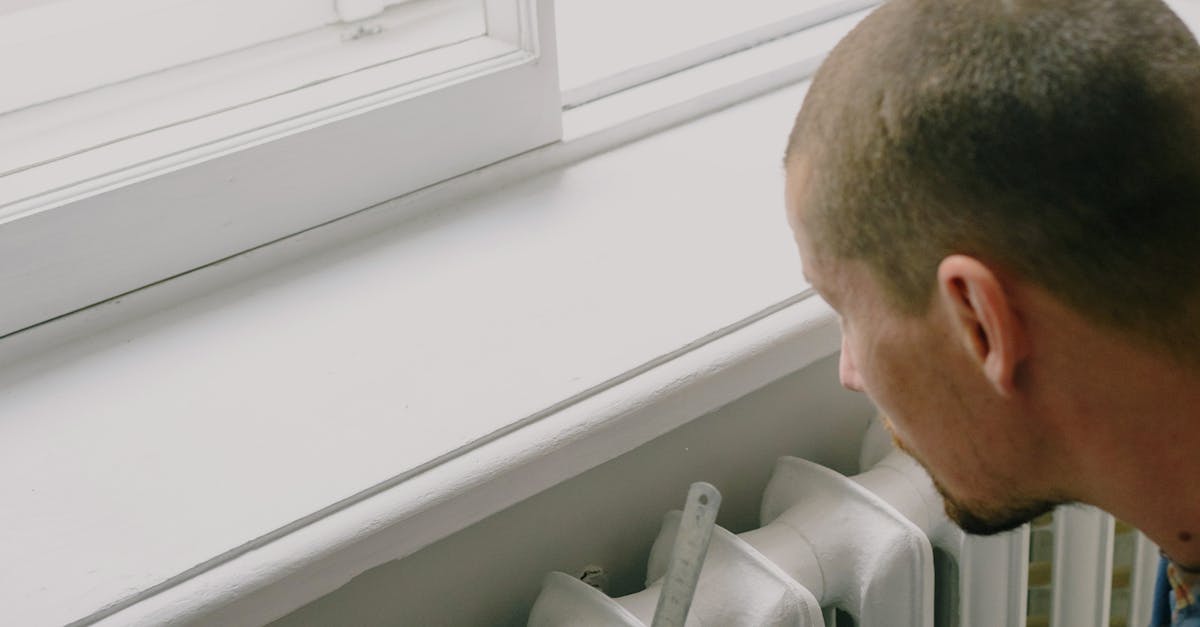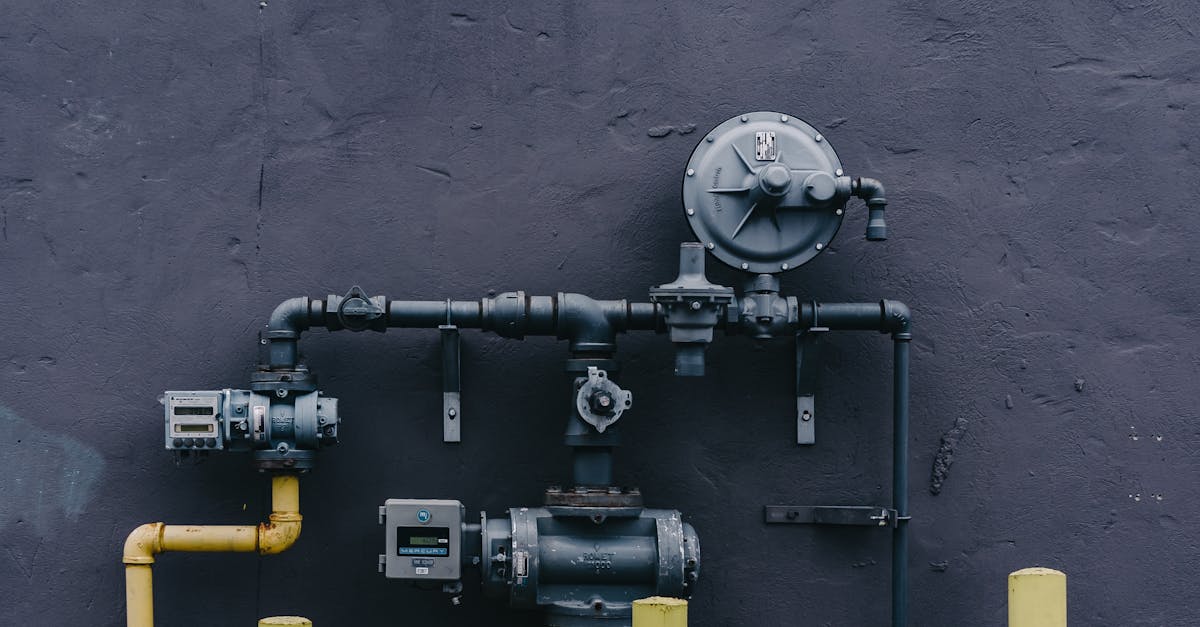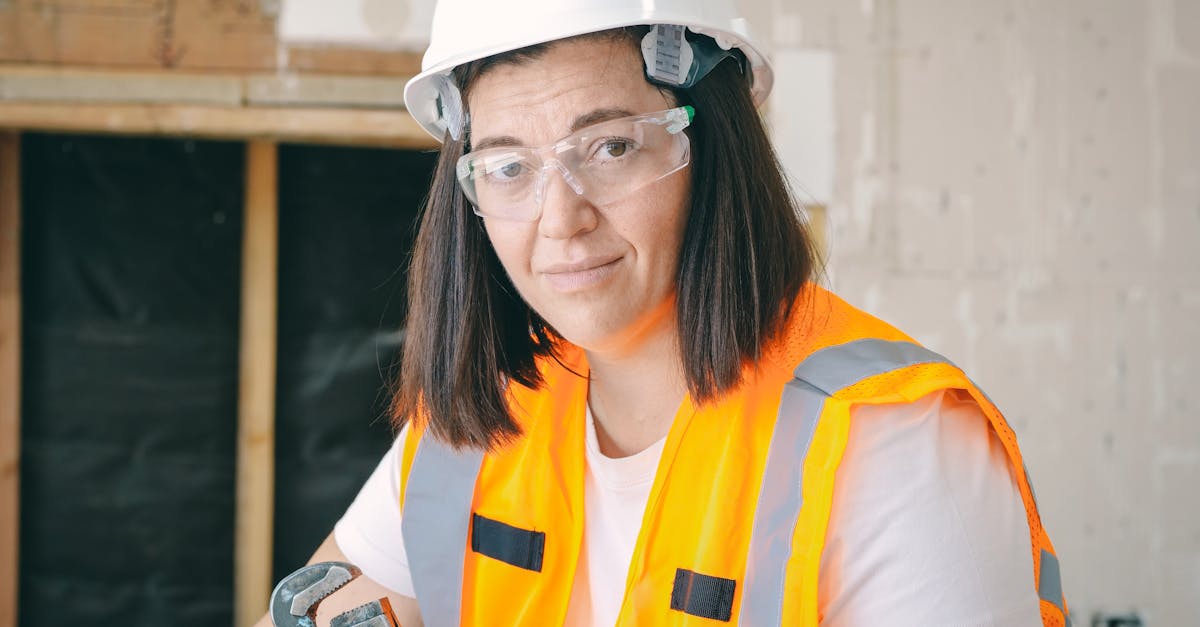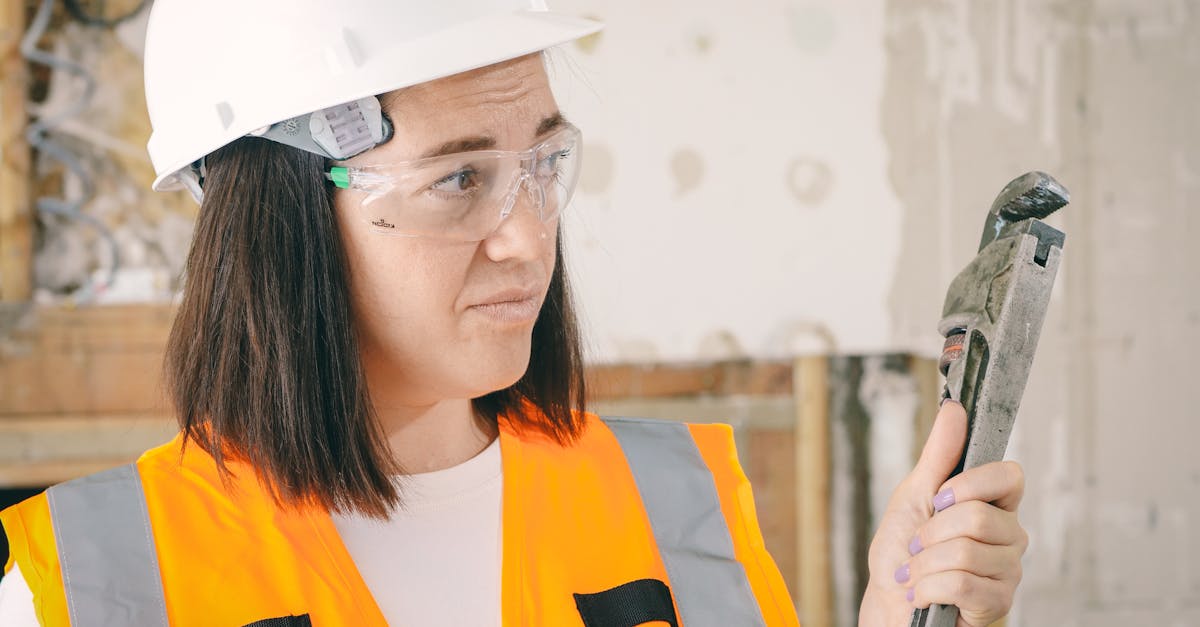
Table Of Contents
Heat Pump Hot Water Systems
Heat pump hot water systems have emerged as a leading option for energy-efficient water heating in Australia. These systems operate by transferring heat from the surrounding air to water, making them highly effective, particularly in moderate climates. The technology not only reduces energy consumption but also lowers greenhouse gas emissions, contributing to a more sustainable environment. Many homeowners are turning to heat pumps for their hot water installation due to their long-term cost savings and environmental benefits.
When considering a hot water installation, it is crucial to assess various factors such as household size and hot water usage patterns. Heat pump systems come in different capacities, making it essential for consumers to choose units that align with their specific needs. This tailored approach ensures optimal performance and maximises efficiency, allowing homeowners to enjoy reliable hot water while minimising energy costs.
How Heat Pumps Work
Heat pump hot water systems operate by transferring heat from the air outside to heat the water inside the tank. These systems use a refrigerant that absorbs this heat and then compresses it to raise the temperature further. The heated refrigerant then passes through a heat exchanger, warming the water that will be stored for use. This energy-efficient process can be significantly cheaper to operate compared to traditional electric hot water systems.
In addition to their energy efficiency, heat pumps can contribute to a reduction in greenhouse gas emissions. By relying on ambient air for heat rather than generating it through combustion or electric resistance, these systems are more sustainable. When considering hot water installation, it is vital to ensure that the unit is appropriately sized and placed in a location with adequate airflow, as this can significantly impact its performance and efficiency.
Choosing the Right Size
Choosing the right size for a hot water system is crucial in ensuring optimal efficiency and performance. An appropriately sized system can meet the household's hot water demands without unnecessary energy consumption. When considering size, factors such as the number of occupants in the home, peak usage times, and specific hot water habits should be taken into account. This assessment allows for a more accurate determination of the system's capacity required for effective hot water installation.
It's important to remember that undersizing a hot water system may lead to inadequate supply during peak usage, while oversizing can result in higher initial costs and wasted energy. Taking the time to calculate hot water needs accurately will prevent these issues. Consulting with a professional can also provide insights into the best sizing options tailored to individual circumstances, ensuring that the hot water installation process aligns with both current and future requirements.
Calculating Hot Water Needs
When determining the hot water needs for a household, several factors must be considered to ensure efficiency and adequacy. The size of the household, the number of bathrooms, and the frequency of hot water usage all play a crucial role in the calculation. For instance, families with multiple bathrooms or frequent hot water demands may require systems with higher capacity. This evaluation will help residents choose an appropriate hot water installation that best meets their daily requirements.
A common method for assessing hot water needs is to consider peak usage times and the flow rate of taps and appliances. Knowing the amount of hot water required for activities like showers, dishwashing, and laundry can inform the selection of a hot water installation that effectively meets these demands. Taking the time to analyse these aspects will not only enhance comfort but also contribute to more efficient energy consumption in the long run.
Cost Considerations
When considering the cost of hot water installation, it's essential to factor in both the initial investment and ongoing operational expenses. Heat pump hot water systems typically require a higher upfront cost compared to traditional systems. This includes the price of the unit itself, along with any additional components and labour associated with proper installation. However, these upfront costs can often be offset by the energy savings accrued over time, as heat pumps generally operate more efficiently than conventional electric or gas systems.
Long-term savings play a crucial role in the overall cost consideration of hot water installation. Heat pump systems can significantly reduce energy bills due to their efficient operation, especially in areas with moderate climates. While the initial expenditure may seem daunting, over years, the savings on utility bills can lead to a positive return on investment. Homeowners should also account for potential maintenance costs and any regional incentives or rebates that may apply, which can further enhance the overall financial picture.
Initial Investment vs. Longterm Savings
When considering the initial investment for a heat pump hot water system, it's important to factor in the cost of hot water installation alongside the price of the unit itself. Generally, these systems require a higher upfront expenditure compared to traditional gas or electric systems due to their more complex technology. However, this initial cost can often be offset by the efficiency of heat pumps, which typically reduce running costs significantly over time.
Long-term savings from heat pump systems can outweigh the initial costs, especially in regions with high electricity prices. By using renewable energy from the environment, heat pumps work efficiently, leading to lower utility bills. Homeowners often find that, with proper maintenance, heat pump systems can last for many years, potentially leading to substantial savings when evaluated over the lifespan of the system.
FAQS
What is a heat pump hot water system?
A heat pump hot water system is an energy-efficient option that uses electricity to transfer heat from the air or ground to heat water, rather than generating heat directly.
How do I determine the right size heat pump for my household?
To determine the right size heat pump, you need to calculate your household's hot water needs based on the number of occupants, peak usage times, and daily hot water consumption.
What are the initial costs associated with installing a heat pump hot water system?
Initial costs can vary depending on the system size, brand, and installation requirements, but heat pump systems generally have a higher upfront cost compared to traditional electric systems.
How do heat pump hot water systems compare in terms of long-term savings?
While heat pump systems may have higher initial costs, they tend to offer significant long-term savings on energy bills due to their higher efficiency and lower operating costs.
Are there any government incentives available for installing a heat pump hot water system in Australia?
Yes, various state and federal government incentives and rebates may be available for energy-efficient hot water systems, including heat pumps. It's advisable to check local programs for eligibility and details.
